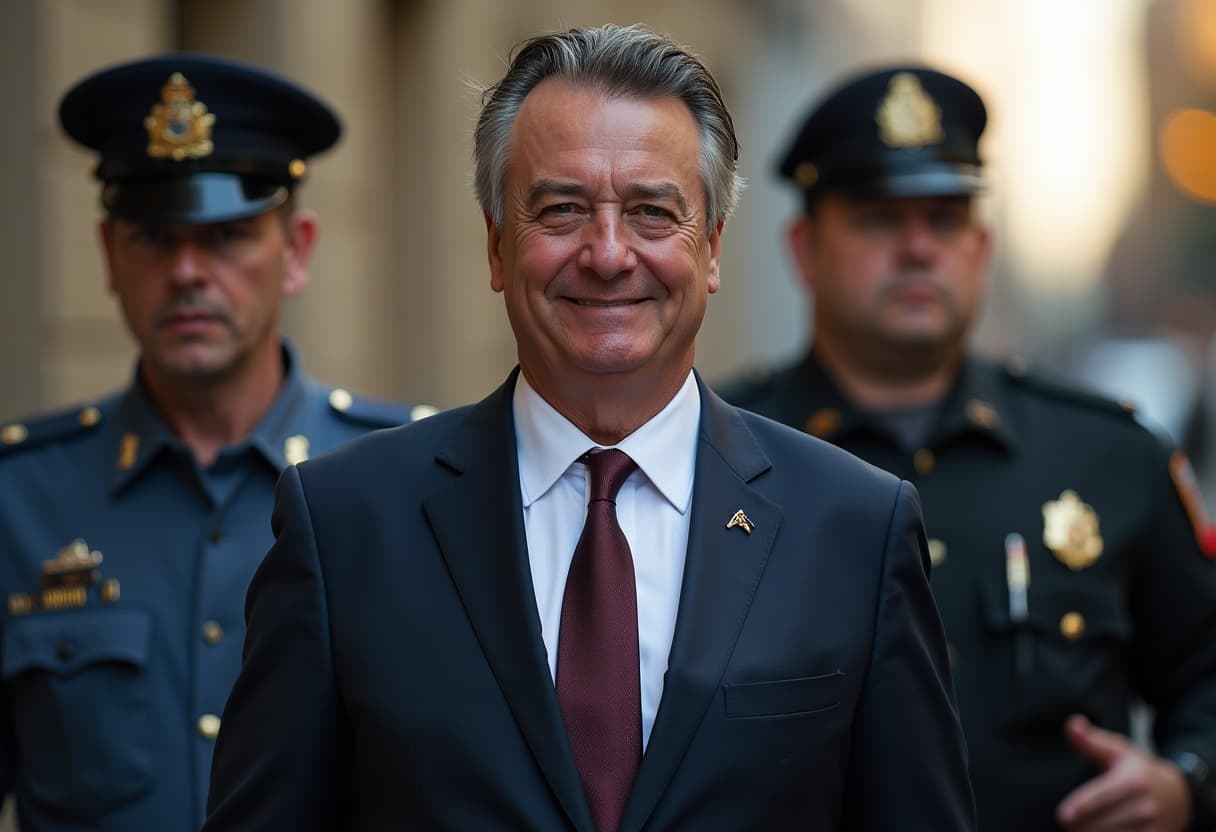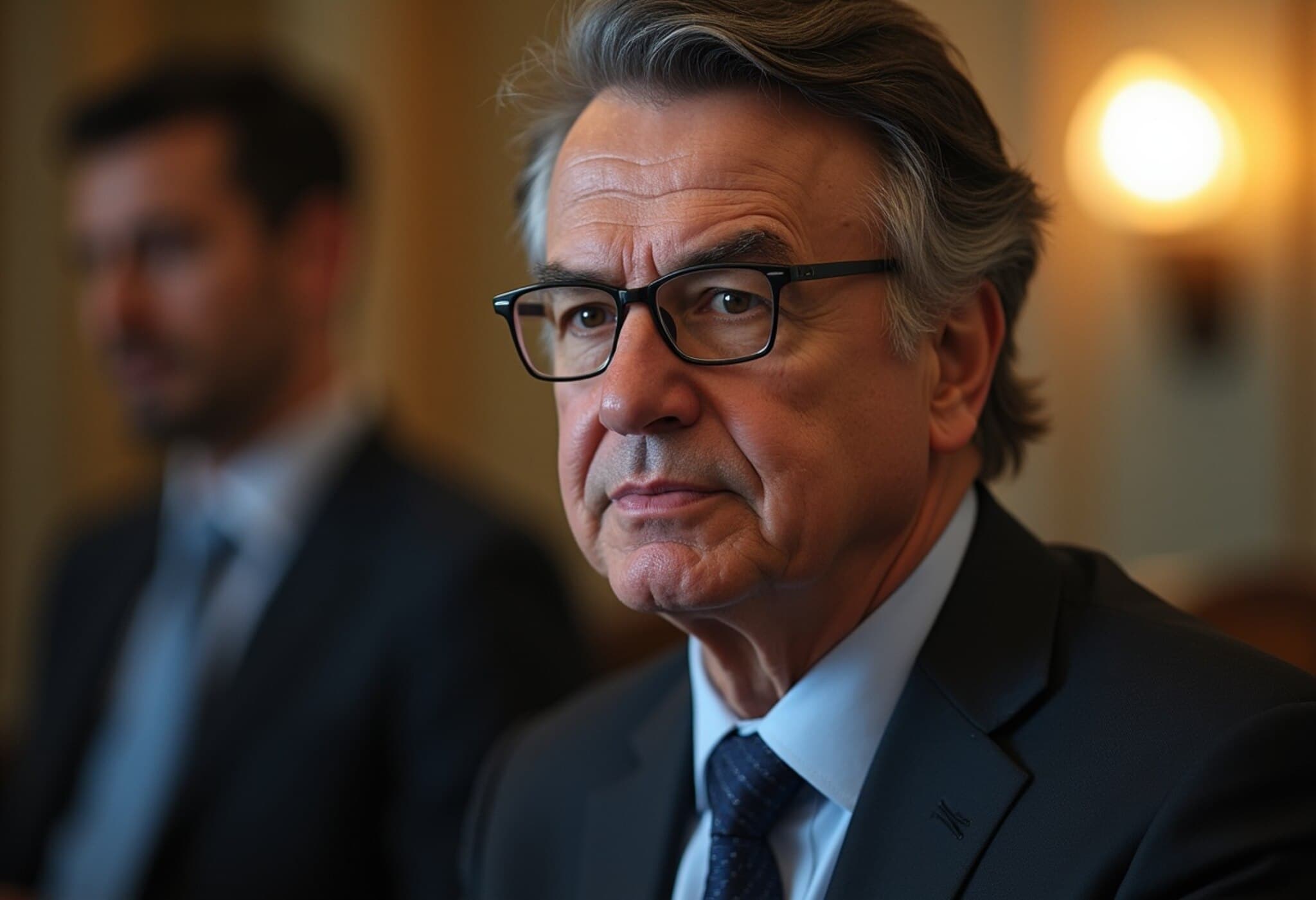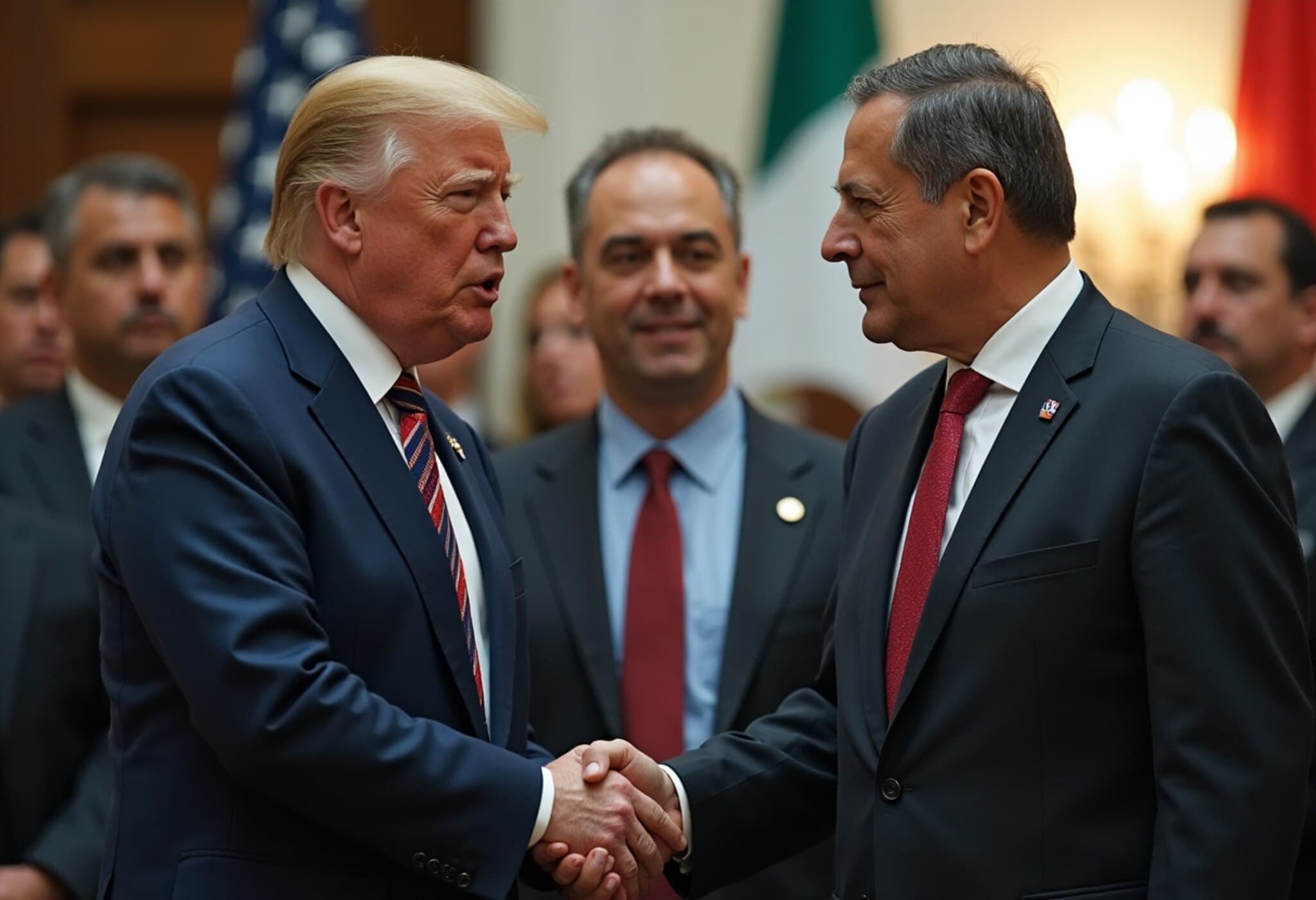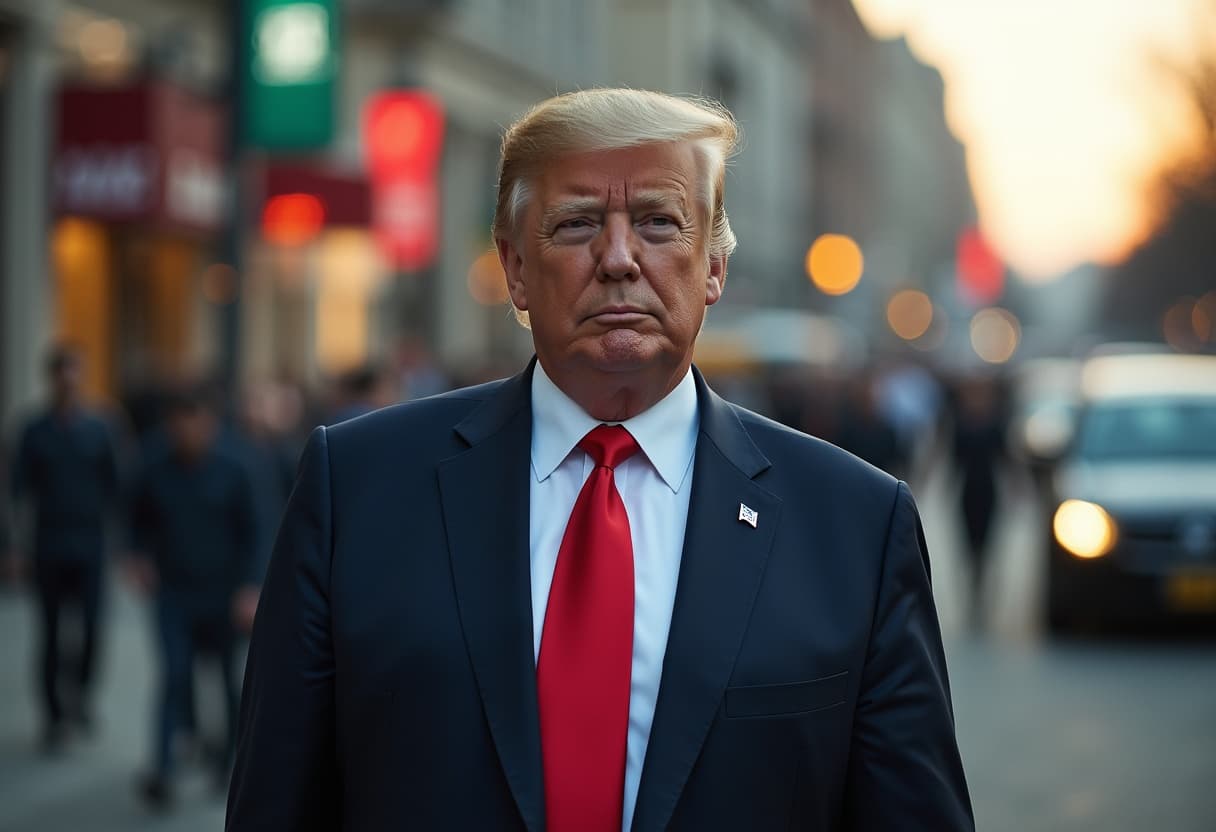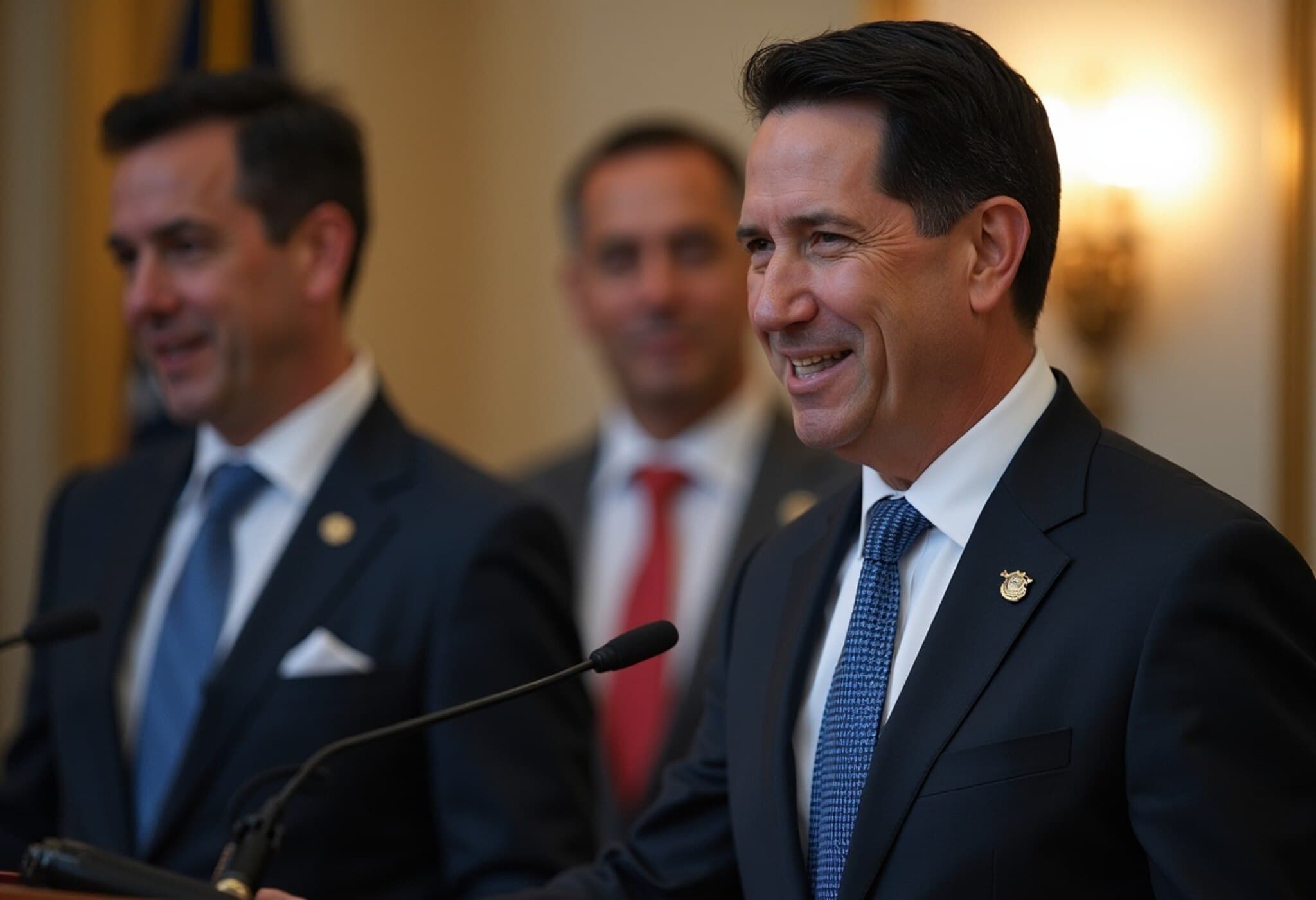Mexico’s Balancing Act Amid U.S. Pressure on Cartel Corruption
As Mexico faces mounting pressure from the United States to clamp down on drug cartel corruption, President Claudia Sheinbaum finds herself walking a political tightrope. This week’s high-stakes meeting with U.S. Secretary of State Marco Rubio spotlights the intricate interplay between bilateral cooperation and internal political challenges.
Cartel Influence and Guilty Pleas Highlight the Stakes
Recently, Ismael Zambada García, a notorious Sinaloa cartel kingpin, publicly admitted in a New York courtroom to long-standing corruption practices involving bribery of Mexican officials, police, and military forces. While such revelations are not new in the context of Mexico’s drug war, they amplify the political dilemma for Sheinbaum’s administration, which is under intense scrutiny from U.S. authorities demanding decisive anti-corruption action.
The President’s Tightrope: U.S. Demands vs. Domestic Politics
President Sheinbaum’s predicament lies in balancing two powerful forces:
- U.S. pressure to aggressively combat cartel influence, including threats of tariffs and even military intervention if progress stalls.
- Domestic political realities within Morena, her leftist party, where ties between politicians and criminal groups have been reported, and where targeting fellow party members risks fracturing fragile alliances.
According to Mexican political analysts like Carlos Bravo Regidor, Sheinbaum is caught “between the rock of Trump’s pressures and the hard place of Mexican narco-politics.” This echoes a broader theme in Mexico’s governance — confronting criminal networks that entwine deeply with political structures.
Upcoming U.S.-Mexico Security Framework: Sovereignty and Subtlety
President Sheinbaum intends to unveil a new security framework with the U.S. during Marco Rubio’s visit, aiming to foster cooperation without compromising Mexico’s sovereignty. An anonymous government source indicated the agreement will likely emphasize respect for Mexican autonomy, deliberately avoiding explicit commitments to root out corrupt politicians. This cautious approach reflects Mexico’s sensitivity to U.S. rhetoric around military incursions and border enforcement, which has stirred political tensions, including a near-scuffle in Mexico’s Senate triggered by debates on possible U.S. military involvement.
Corruption Within Morena: A Political Quagmire
Security experts warn that Mexico’s cartels infiltrate many power strata, including Morena and allied groups. Investigating or prosecuting high-ranking party officials intimately connected to these networks could destabilize Sheinbaum’s political base, which largely stems from former President Andrés Manuel López Obrador’s legacy.
Eduardo Guerrero, a former security official, emphasizes the dilemma: “She has a dilemma that consists of either giving in to U.S. pressure or investigating some members close to her political benefactor’s circle.” The difficulty lies in reconciling the expectation of accountability with the party’s internal cohesion.
Government Efforts and Public Perceptions
Despite the challenges, Sheinbaum’s administration highlights its efforts, including the arrest of nearly 31,000 individuals linked to organized crime within her first 11 months—an arrest rate sixteen times higher than her predecessor’s tenure. Notably, no federal officials have been apprehended to date, underscoring lingering concerns about high-level corruption.
Sheinbaum has stressed that accusations alone should not define guilt, exemplified by her defense of Morena Senator Adán Augusto López Hernández amid allegations linked to his former security chiefs. The president insists on the importance of due process and refraining from premature judgments.
U.S. Visa Revocations and Political Fallout
The U.S. government has revoked visas for several prominent Morena members, including governors and legislators, triggering further ambiguity and suspicion regarding internal corruption. For example, Rubén Rocha Moya, governor of the violence-plagued state of Sinaloa, has faced persistent accusations of cartel collusion but retains Morena’s staunch support.
The solidarity within Morena remains strong, as demonstrated when Andrés Manuel López Beltrán, son of the former president, publicly affirmed Rocha’s allegiance to the party during a recent visit.
Conclusion
President Claudia Sheinbaum’s navigation between U.S. demands and domestic political realities epitomizes the complexities of governance in countries grappling with entrenched organized crime. Her administration’s next moves will be pivotal for Mexico’s internal stability, the integrity of its democratic institutions, and its crucial relationship with the United States, particularly as the battle against fentanyl trafficking intensifies.
Editor’s Note
The intersection of U.S.-Mexico security cooperation and internal political dynamics raises vital questions about sovereign decision-making and accountability. How will Sheinbaum reconcile external pressures with the political sensitivities inside Morena? Will the new security framework mark a turning point, or will entrenched corruption undermine reform efforts? These unresolved issues remain critical as both nations seek a path forward.




